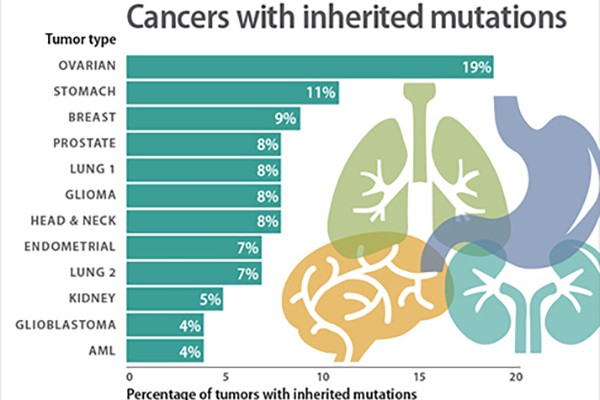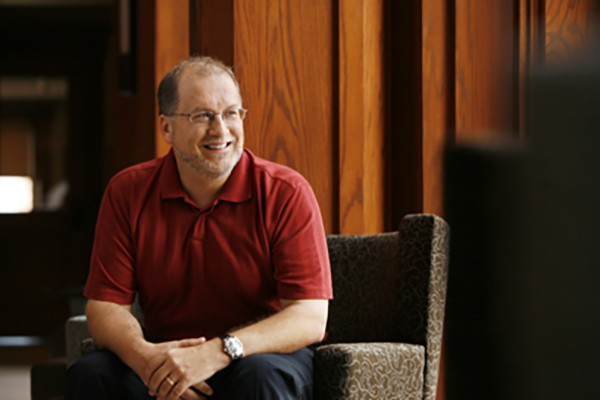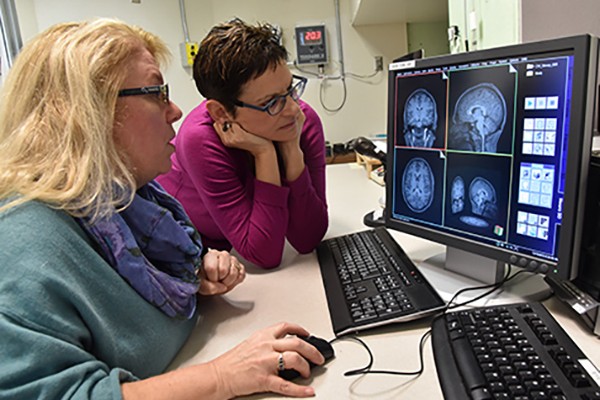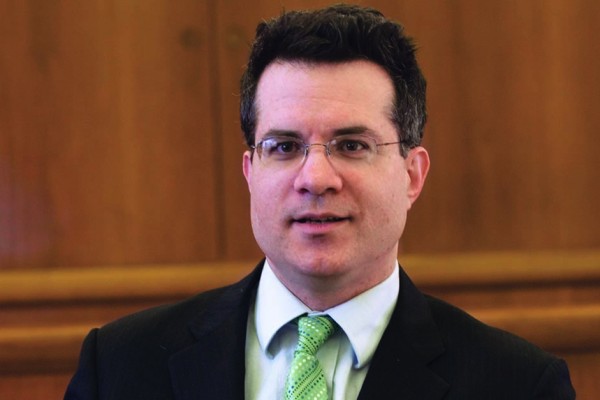Study uncovers inherited genetic susceptibility across 12 cancer types
In a new analysis, researchers at the School of Medicine have shed light on the hereditary elements across 12 cancer types — showing a surprising inherited component to stomach cancer and providing some needed clarity on the consequences of certain types of mutations in well-known breast cancer susceptibility genes BRCA1 and BRCA2.
WashU Expert: Top 10 tips for a happier New Year
Wishing family and friends a “Happy New Year” is all well and fine, but if you’re serious about spreading cheer in the New Year, consider passing along more specific advice from a psychologist who studies the science of happiness at Washington University in St. Louis.
WashU Expert: Proposed Missouri tobacco tax increase doesn’t go far enough
There is renewed interest by some Missouri groups for a proposed 23-cent-per-pack raise to Missouri’s tobacco tax, which is the nation’s lowest. While any raise in tobacco prices is one of the most effective ways to reduce
and prevent smoking, the modest tax raise does not go far enough, says a tobacco control expert at Washington University in St. Louis.
A sobering look at gunfire statistics in St. Louis
During a five-year period ending in 2013, nearly 400 children ages 16 or under were taken to one of two hospital emergency rooms in St. Louis for gun-related injuries, according to a study led by Martin S. Keller, MD, at Washington University School of Medicine in St. Louis. Of those children, 20 later died. Analyzing such cases can help identify risk factors and stem gun-related injuries, researchers believe.
Early childhood depression alters brain development
The brains of children who suffer clinical depression as preschoolers develop abnormally, compared with the brains of preschoolers unaffected by the disorder, according to university researchers. Their gray matter is lower in volume and thinner in the cortex, a part of the brain important in the processing of emotions.
Why animals have fur, blubber and big ears
Biologists have long thought that body size is correlated with temperature zone: larger animals live in colder regions and smaller ones in warmer ones. Newly compiled physiological data allowed this rule to be put to the test. Animals adapt by coordinated changes in their metabolic rates and “insulation.” Body size plays only a minor role.
Putting imperfections behind you
As the new year approaches, many plan to make self-improvement resolutions. New research led by Hengchen Dai, PhD, assistant professor at Olin Business School at Washington University in St. Louis, shows extra motivation is all in the timing, and desire to get away from one’s past, imperfect self.
WashU Expert: Experiences vs. ‘stuff’ in gift-giving
Joseph Goodman, PhD, associate professor of marketing at Olin Business School and Sarah Lim, doctoral student at Cornell University, say consumers tend to underestimate the experiential gift-giving advantage because they’re afraid they don’t know a person well enough to choose a more personal, preference-driven option.
WashU Expert: Proposed Missouri law revoking scholarships violates First Amendment
Two Missouri legislators have proposed a bill that
would require public universities and colleges to revoke scholarships
held by student-athletes who refuse to play, or incite, support or
participate in a strike. The proposed law violates the First
Amendment of the United States Constitution, says an expert on freedom
of speech at Washington University in St. Louis.
Spectacular outburst lets scientists peer into quasars
An outburst from a distant quasar known as PKS 1441+25 in April of this year gave astronomers at the gamma-ray telescope VERITAS an opportunity to measure the density of the optical “fog” that lies between the quasar and Earth and to deduce the surprising separation of the high-energy emission from the black hole that drives it.
View More Stories









